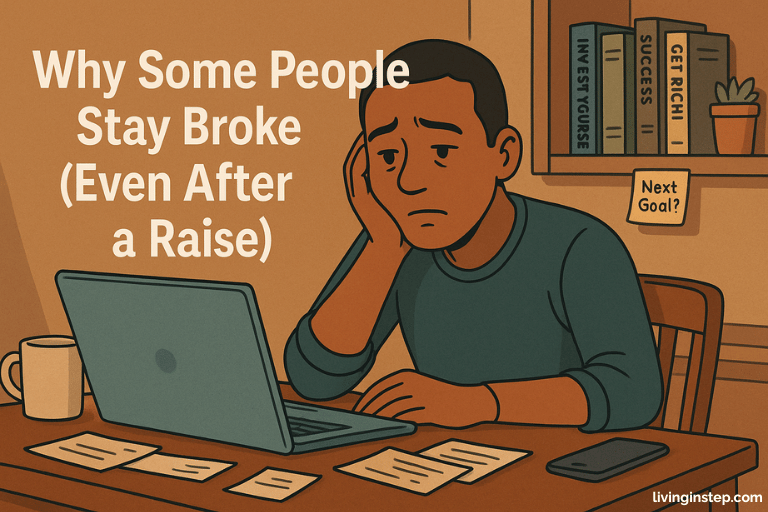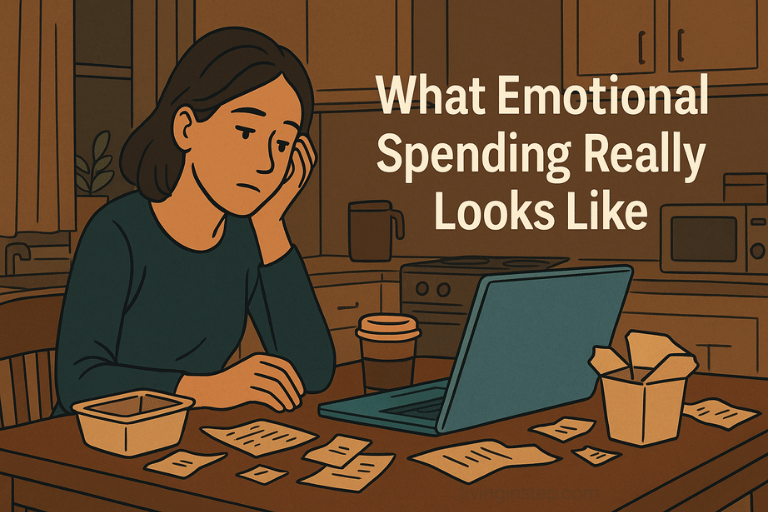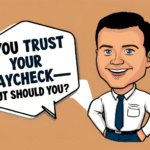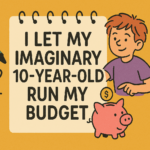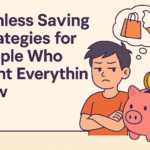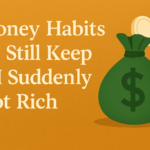When the economy’s booming, it’s easy to forget that downturns are part of the cycle
Jobs feel stable
Markets look reliable
And the risk of things going sideways seems low
But recessions don’t send save-the-date cards
They show up fast
And for people who aren’t prepared
they can change everything
Suddenly the “secure” job isn’t so secure
Retirement savings drop
Bills start stacking
Stress hits hard
And the pressure doesn’t just stay in your bank account—it spills into your health, your sleep, and your relationships
But here’s the thing:
A recession doesn’t have to ruin you
In fact, for some—it becomes the moment everything changes
Not for the worse—but for the better
What is a recession, really?
There’s a technical definition
But here’s the simple version:
A recession is a period of economic decline
Companies cut costs
Unemployment rises
People spend less
Markets pull back
And growth slows across the board
It’s normal
It’s part of the cycle
And it’s happened dozens of times before
But that doesn’t mean it’s harmless
Recessions shake foundations
They reveal which structures were strong—and which were just balancing on hope
Why living below your means matters now
If there’s one move that makes the biggest difference before a recession
It’s spending less than you earn
Not in a miserly way
Not in a panic
Just in a way that builds margin
Because when the economy shrinks
Margin = options
It gives you room to breathe
Room to adapt
And room to take advantage of opportunities that come when others are selling, downsizing, or stuck
The people who do best during downturns?
They already had space built into their lifestyle
Pay off debt while times are good
In good times, debt feels manageable
In downturns, it turns into a weight around your neck
If you’re carrying high-interest debt—especially consumer debt—getting rid of it is one of the smartest things you can do
Because in a recession:
- Income is less certain
- Credit is tighter
- And interest doesn’t pause just because the market’s down
Even low-interest debt becomes more dangerous when cash flow drops
Freeing yourself from unnecessary payments
means more flexibility
More security
And more power
Know what to expect (so you don’t panic)
Recessions are uncomfortable
They can last months—sometimes years
The market may drop 20–30% or more
Businesses will close
Layoffs will happen
Panic will spike
But here’s the part people forget:
They always end
Recovery always comes
Markets rebound
Jobs return
Confidence slowly builds back
If you expect the chaos, it doesn’t feel like chaos
It feels like a storm you’ve prepared for
Not one you’re being swept up in
Maintain leverage—but don’t overdo it
In a downturn, the wrong kind of leverage can take you down
But the right kind?
It gives you a serious advantage
Here’s what that means:
- Cash reserves = leverage
- No debt = leverage
- Multiple income streams = leverage
- Time and patience = serious leverage
You don’t need to swing big
You just need to stay standing
Because when others are scrambling, you’ll be in position
And that brings us to the next part
Buy low, sell high—actually
It’s easy to say when markets are up
But during a recession?
People panic
They sell at the bottom
They get out “just until it settles”
They miss the rebound
The truth is:
Recessions are when assets go on sale
Stocks
Real estate
Even businesses
If you have margin and patience
this is when long-term wealth quietly builds
Not by doing anything flashy
Just by staying calm
And acting when others can’t
So what’s the move?
Recessions aren’t the end of the world
They’re a reset
For some, it’s painful
For others, it’s transformational
It all depends on what you’ve set up before the headlines hit
- Live below your means
- Pay off what drags you down
- Know what’s coming so it doesn’t shake you
- Keep yourself in a position of calm, not chaos
- And when the time’s right—move
Because opportunity doesn’t disappear during a downturn
It just hides where only the prepared can reach it
Note: This content is for entertainment purposes only and is not financial advice. Please consult a qualified financial advisor for guidance specific to your situation.



